15, April 2020
People with COVID-19 may be infectious days before symptoms 0
People infected with the new coronavirus may start spreading the virus several days before they have any noticeable symptoms, according to a new modelling study published Wednesday.
The study comes as nations have broadened restrictions aimed at curbing the epidemic, amid concerns over patients who may be infectious despite not showing signs of ill health.
The findings challenge key assumptions behind measures put in place to stop the spread of the pandemic, such as tracing contacts of an infected person only as far back as the time at which they began to show symptoms.
Experts have long conjectured that some people who do not even know they are infected may transmit the virus.
But the new study suggests that even those who get visibly sick may be highly infectious before the onset of symptoms.
“More inclusive criteria for contact tracing to capture potential transmission events two to three days before symptom onset should be urgently considered for effective control of the outbreak,” the authors said in the paper published in Nature Medicine.
– Infectious before symptoms show –
Researchers compared clinical data on virus shedding from patients at a hospital in China with separate data on “transmission pairs” — where one person is believed to have infected the other — to draw inferences about periods of infectiousness.
The research team co-led by Eric Lau of the University of Hong Kong took throat swabs from 94 patients admitted to Guangzhou Eighth People’s Hospital and measured infectiousness from the first day of symptoms for 32 days.
They found that the patients, none of whom were classed as severe or critical, had the highest viral load soon after the onset of symptoms, which then gradually decreased.
The study used publicly-available data on 77 transmission pairs, within China and internationally, to assess how much time elapsed between the onset of symptoms in each patient.
It assumed an incubation period — the time between exposure to infection and appearance of symptoms — of a little over five days.
The authors inferred that infectiousness started 2.3 days before symptoms appeared and was at its peak at 0.7 days before the first signs of illness — although they cautioned that pinpointing the exact timing of the onset of symptoms relied on patient memory.
They estimated that 44 percent of secondary cases in the transmission chains were infected during the pre-symptomatic stage.
Infectiousness was predicted to decrease quickly within seven days.
– ‘Important implications’ –
Responding to the study, Babak Javid of Tsinghua University School of Medicine in Beijing said the findings would have “important implications” for measures to control the pandemic, such as whether masks should be worn by those with no symptoms.
“This is important because current public health control measures advised, for example, by the WHO and UK government assume that maximum contagion is after symptom onset. Hence one reason masks are not advocated for wearing by asymptomatic members of the public,” he said.
Javid added that several studies had now suggested that a large number of patients shed the virus before they show signs of illness and said the findings are “likely to be real and robust”.
At the beginning of this month China said it had more than 1,300 asymptomatic coronavirus cases, the first time it has released such data following public concern over people who have tested positive but are not showing symptoms.
As the pandemic has spread, many nations that initially advised only individuals with symptoms to self-isolate and wear masks have expanded their responses to measures that apply across the board.
The US Centers for Disease Control and Prevention (CDC) has said up to a quarter of people who are infected may be asymptomatic.
Source: AFP
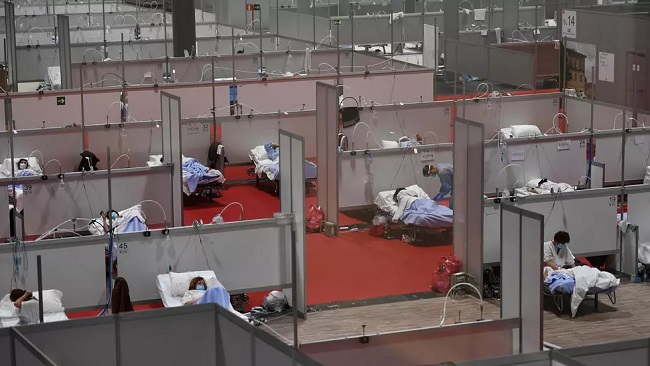
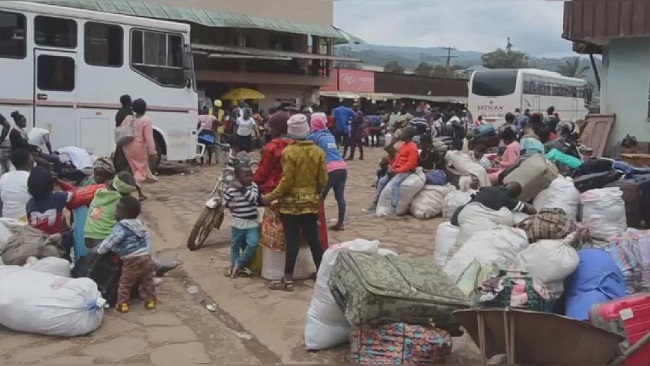
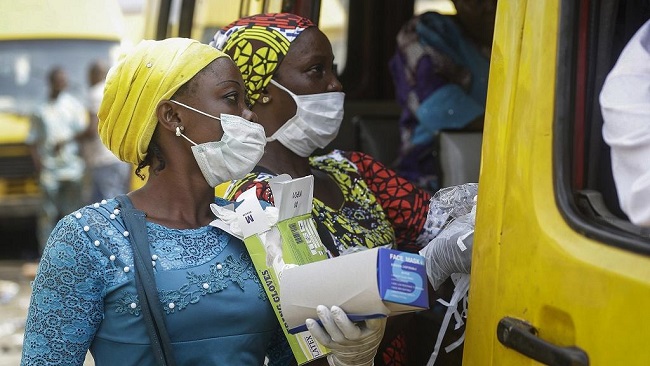
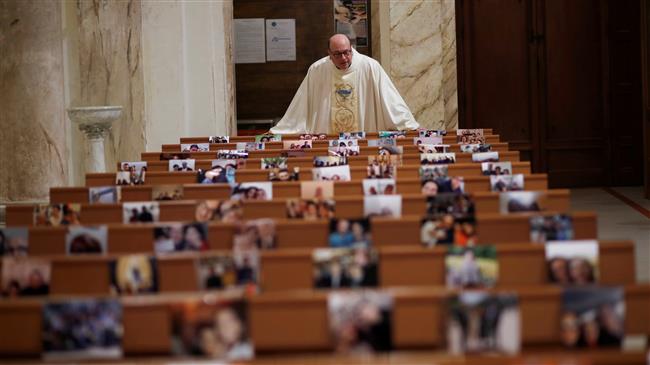
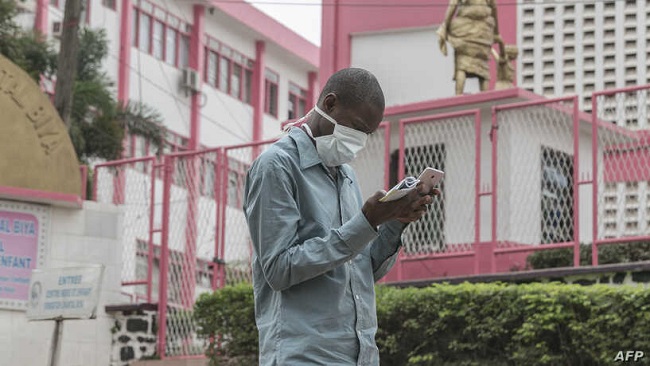




















16, April 2020
Global COVID-19 cases over 2 million, but true figures probably much higher 0
The number of people infected with the novel coronavirus in the world has risen to more than two million, out of whom over 130,000 have died, but experts believe the figures understate the true toll of the contagion.
The death toll and number of infections have roughly doubled in 13 days and continue to grow steadily.
Some European countries like Germany think they have passed the peak of the disease and begin to take careful steps to lift restrictions imposed to slow the virus.
German Chancellor Angela Merkel on Wednesday announced first steps in undoing coronavirus lockdowns for the coming weeks, with most shops allowed to open although schools must stay closed until May 4.
Shops up to 800 square meters will be allowed to reopen once they have “plans to maintain hygiene”, Merkel said, while schools will gradually reopen with priority given to pupils about to take exams.
However, outbreaks in many parts of the world are still considered far from their peaks.
In India, Prime Minister Narendra Modi has extended a nationwide lockdown for nearly three more weeks. The decision is going to leave more than one billion people under severe restrictions.
Deaths from thepandemic in Italy rose by 578 on Wednesday, down from 602 the day before, while the number of new cases slowed to 2,667 from a previous 2,972, continuing the recent downward trend.The number of new cases was the lowest since March 13, but the daily tally of deaths remains stubbornly high.
In France, the death toll increased to 17,000 on Wednesday, but the total number currently hospitalized fell for the first time since the epidemic began.
Meanwhile, nearly 700 sailors assigned to the French aircraft carrier Charles de Gaulle’s naval group tested positive for the coronavirus. The country’s armed forces ministry said on Wednesday 1,767 mariners, nearly all from the Charles de Gaulle itself, had been tested and results showed at least 668 to be infected with the new coronavirus.
In the United Kingdom, the number of people who have died in hospitals from the coronavirus has risen to 12,868, according to Health Ministry figures.
The United States marked a record 2,569 coronavirus deaths in the past 24 hours, the heaviest daily toll recorded by the country since the outbreak first began, according to a tally by Johns Hopkins University.
In the US, the lack of testing capacity has emerged as a signature failure of the Trump administration’s response and now threatens to hamper efforts across the country to plan for an eventual reopening of the economy, the New York Times reports.
Turkey confirmed 115 more deaths from the novel coronavirus in the country over the past 24 hours, bringing the death toll to 1,518.The total number of registered coronavirus cases surged to 69,392 as 4,281 more people tested positive for the virus, Health Minister FahrettinKoca said on Twitter.
Libya’s internationally-recognized government, in the west, imposed a curfew for 10 days effective from Friday, April 17, the Tripoli-based Government of National Accord (GNA) said in a statement. Libya’s National center for disease control reported 36 cases of coronavirus in Libya and only one death.
More than 500,000 people have recovered from the coronavirus globally, according to the US-based Johns Hopkins University.
China has the highest number of recovered people with 78,282.
However, experts believe the real numbers of infections and deaths are much higher than the official figures suggest, and the official numbers are just bleak markets that understate the true spread of the disease, mainly because of a lack of testing and the extent to which different countries test their citizens.
Source: Presstv